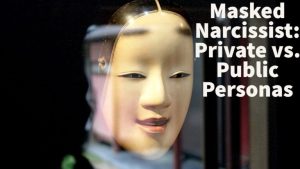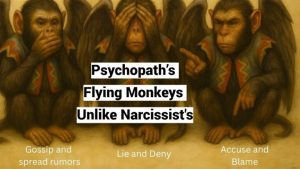Therapeutic Effects of Delusions and Fantasies
- Delusions and fantasies have anxiolytic and anti-depressant effects, improving an individual’s sense of safety, stability, functionality, and happiness [00:20].
- They restore a sense of control by shifting the locus of control from external to internal, empowering individuals to feel in charge of their lives [01:00].
- Delusions and fantasies create imaginary omnipotent allies, such as a benevolent God or other figures, providing support and protection [01:35].
- These mental constructs function as self-enhancement techniques, fostering feelings of importance and grandiosity, including paranoia’s role in focusing attention [02:20].
- They reverse the arrow of time by putting consequences before causes, giving individuals a comforting sense of control over outcomes [02:50].
- These phenomena shut off conflicting reality by selecting for congruent information, providing an internal reality free from dissonance [03:30].
- Fantasies resemble a secure base or “womb,” offering comfort and serving as a refuge, often idealizing parental figures [04:00].
- They serve as organizing and hermeneutic principles, giving life meaning, purpose, direction, and egoonic narratives [05:05].
- Delusions confer a sense of immunity, either by self-identifying with divinity or infantilization, making individuals feel invincible or deserving of protection [05:50].
- Fantasies and delusions can be vengeful and persecutory, aimed at purging enemies to tailor the environment to personal desires [06:40].
- These mental states help control and sublimate overwhelming negative internal emotions such as anger, envy, and fear, reducing paranoia and catastrophic thinking [07:20].
- Overall, fantasies and delusions can restore partial mental health and functionality by reducing internal distress and improving egoony [08:10].
Philosophical Questions on Mental Health and Reality Testing
- Current professional consensus defines mental health as a combination of egoony (contentment with oneself) and full social functionality [08:40].
- The speaker questions if someone fully functional and happy but delusional or with impaired reality testing can genuinely be considered mentally healthy [09:45].
- Religion is cited as an example of a widespread delusional disorder that is socially accepted as mental health due to societal, political, and financial factors rather than clinical justification [10:20].
- The current definition places social benefit above individual clinical mental health, skewing the interpretation of what constitutes healing [11:20].
- The speaker asserts that strict clinical definitions should diagnose delusional disorders like religion as mental illnesses requiring treatment [11:55].
Moral and Clinical Issues in Using One Mental Illness to “Cure” Another
- The ethical dilemma of curing one mental illness by fostering another (e.g., using religion to cure depression) is raised [12:25].
- The analogy of compensating pain by causing another injury (stubbed toe for headache) illustrates this problematic approach [12:45].
- Encouraging or accepting other delusional disorders like paranoia or narcissism as therapeutic or healing is viewed as clinically unsound [13:15].
- Religion as a delusional disorder transforms mental illness without true healing, just exchanging depression or anxiety for delusion and paranoia [13:50].
- Until these foundational philosophical conundrums are resolved, the field of clinical psychology remains on unstable moral and scientific grounds [14:30].
- Final call to critically reassess these issues referencing a larger intellectual critique [14:55].
Note: Timestamps represent approximate points in the transcript where each discussed topic begins or is emphasized.






